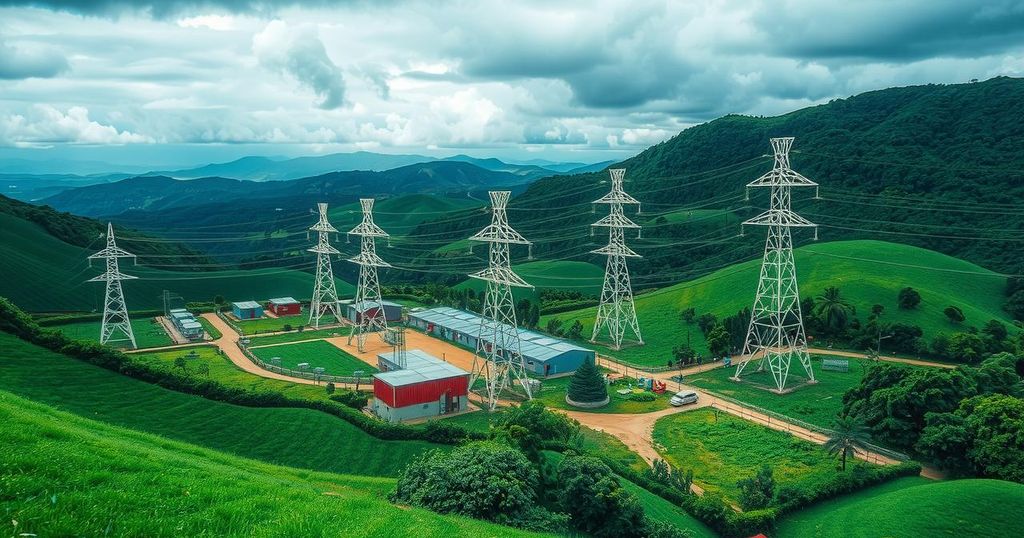Kenya Revokes Special Electricity Tariff for Olkaria-Kedong SEZ
Kenya has revoked the KSh 5 per kWh special electricity tariff for the Olkaria-Kedong SEZ, replacing it with a uniform rate of KSh 10.00 per kWh. This change, aimed at standardizing electricity costs, could limit investment and raise operational expenses for businesses in the SEZ, detracting from its goal to stimulate the manufacturing sector.
Kenya has recently annulled the specially discounted electricity tariff for industries located in the Olkaria-Kedong Special Economic Zone (SEZ) in Naivasha. This decision, issued via a gazette notice by the Energy and Petroleum Regulatory Authority (EPRA), may have adverse effects on investment in one of the country’s pioneering SEZs. The previous rate of KSh 5 per kWh was established as a pilot initiative in 2020, significantly lower than the standard industrial tariff.
This discounted tariff was designed to stimulate investment by reducing production costs, positioning Kenya as a competitive manufacturing hub. The rate was set at half the KSh 10 per unit charged in other SEZs and to large industrial consumers. The Olkaria-Kedong SEZ aimed to attract businesses through favorable energy pricing along with logistical advantages due to its proximity to geothermal power fields and the Standard Gauge Railway (SGR) that facilitated ease of transport.
In an update for 2023, EPRA has instituted a uniform rate of KSh 10.00 per kWh for all electricity usage, alongside an Off-Peak Energy Charge of KSh 7.42 per kWh. This revocation of the discounted tariff is expected to result in increased electricity costs for businesses within the SEZ, potentially affecting their production expenses and overall investment strategies.
The cancellation of the special electricity tariff for the Olkaria-Kedong SEZ poses significant implications for business operations and investment in the region. By reverting to a standardized rate, the government may unintentionally hinder the attractiveness of the SEZ as a manufacturing hub, which originally aimed to leverage lower production costs through favorable energy pricing.
Original Source: kenyanwallstreet.com




Post Comment